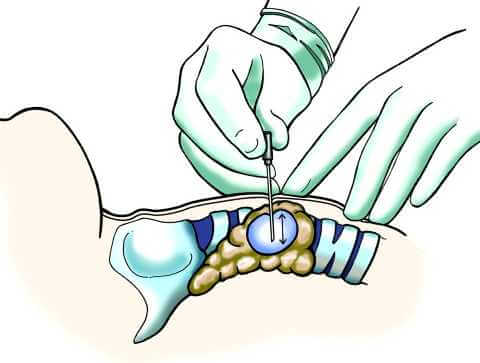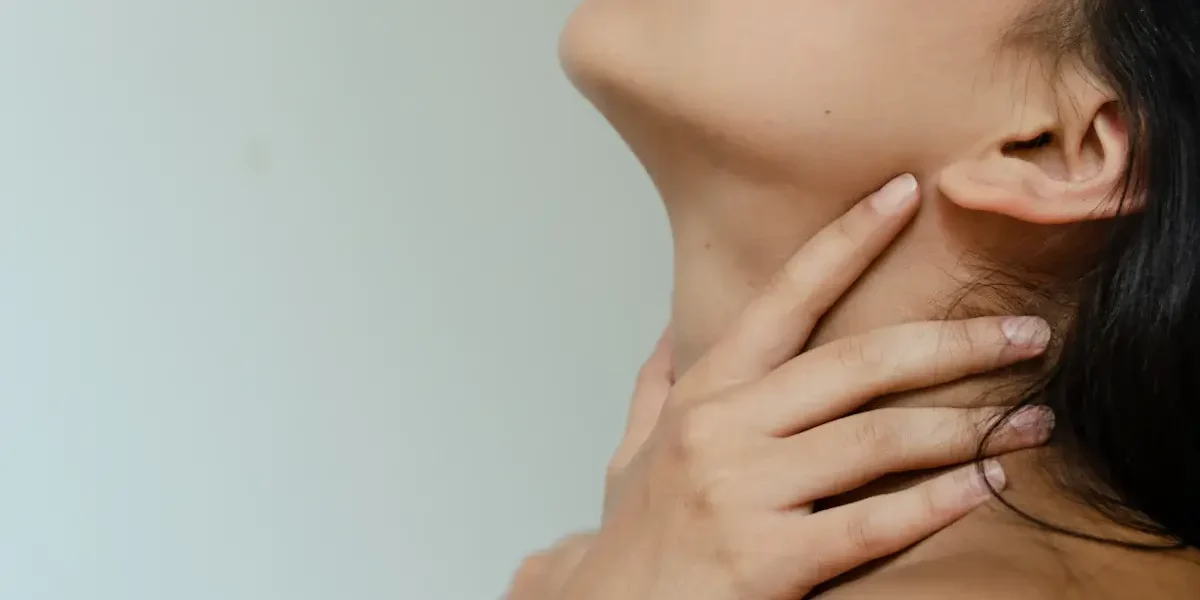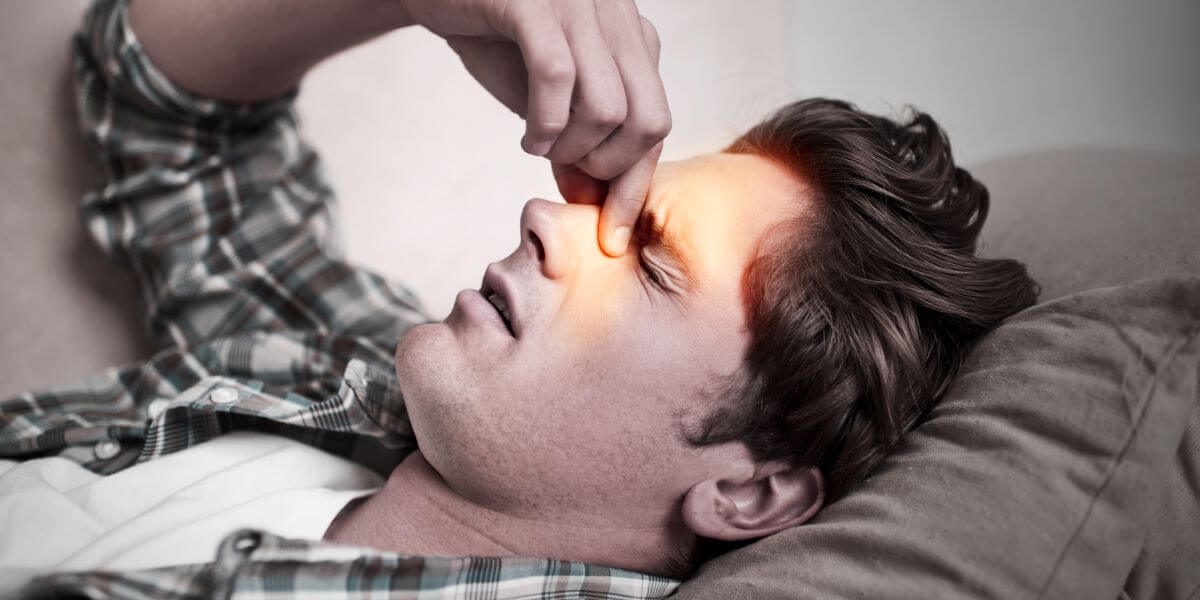
Thyroid Fine Needle Aspiration (FNA) is a safe, minimally invasive procedure used to evaluate thyroid nodules and determine if they are benign or malignant. At Pikes Peak ENT, Allergy, and Asthma in Colorado Springs, we specialize in providing patient-focused care during every step of the process. Our expert team ensures a comfortable experience, offering ultrasound-guided precision and personalized guidance.
This guide helps you learn about why thyroid fine needle aspirations are performed, how to prepare for thyroid FNAs, what happens during the procedure and what to expect after you complete your fine neede aspirations. earn what to expect, how to prepare for the procedure, what to expect during and after the biopsy, and the significance of your results.
With a commitment to excellence and patient education, we aim to help you make informed decisions about your thyroid health. Visit our Colorado Springs clinics for trusted care in evaluating and treating thyroid conditions. Discover how Pikes Peak ENT, Allergy, and Asthma can support your journey to better health with state-of-the-art diagnostic techniques and compassionate care.
What is the Thyroid Gland?
The thyroid is a small, butterfly-shaped gland located in the front of your neck, just below your Adam’s apple. It produces hormones that regulate your metabolism, growth, and development. Nodules, which are lumps or growths within the thyroid, are quite common. While most are benign (non-cancerous), some can be cancerous.
Why is a Thyroid FNA Performed?
A thyroid FNA is primarily performed to determine whether a thyroid nodule is benign or malignant (cancerous). It’s a minimally invasive alternative to surgery for initial evaluation. Your doctor might recommend an FNA if:
- A physical exam reveals a palpable nodule.
- An ultrasound shows nodule(s) with concerning features
- You have a history of radiation exposure to the head and neck.
- You have a family history of thyroid cancer.
How to Prepare for a Thyroid FNA:
In most cases, little preparation is needed for a thyroid FNA. However, it’s essential to:
- Inform your doctor about any medications you are taking, especially blood thinners like warfarin (Coumadin), Eliquis (apixaban), clopidogrel (Plavix), or aspirin. You should talk to your doctor about stopping these medications prior to the procedure
- Inform your doctor about any allergies, particularly to latex or local anesthetics.
- You can eat and drink normally
- You may want to wear a comfortable shirt that is easy to remove or adjust to allow access to your neck
What Happens During a Thyroid FNA?

The procedure is in the office and usually takes about 15-20 minutes. Here’s what you can expect:
- Positioning: You will lie on your back with your neck slightly extended.
- Cleaning and Anesthesia: The skin over the thyroid gland will be cleaned with alcohol. A local anesthetic (numbing medication) will be injected into the skin at the needle insertion site to minimize discomfort.
- Ultrasound Guidance: The ultrasound is used to guide the needle precisely into the nodule. This ensures that the sample is taken from the correct location and avoids nearby structures like blood vessels and the trachea.
- Needle Insertion and Sampling: A very thin needle, much smaller than a needle used for drawing blood, is inserted through the skin and into the nodule. You may feel a slight prick or pressure. The doctor will move the needle back and forth a few times to collect cells from different areas of the nodule. Several samples are usually taken to ensure accuracy.
- Withdrawal and Bandaging: Once the samples are collected, the needle is withdrawn and the pathologist examines the slides to ensure there is an adequate sample. A band-aid is then placed over the biopsy site.
What to Expect After a Thyroid FNA:
- Minimal Discomfort: You may experience some mild soreness or bruising at the puncture site, which usually resolves within a few days. Over-the-counter pain relievers like acetaminophen (Tylenol) or ibuprofen (Advil) can be used if needed.
- Normal Activities: Typically avoid heavy lifting or vigorous activities for 24-48 hours after the procedure.
- Showering: You can shower normally immediately after the procedure
- Potential Complications (Rare): Complications from a thyroid FNA are rare but can include bleeding, infection, or temporary hoarseness if the needle irritates a nerve near the thyroid. If you experience significant swelling, redness, increasing pain, difficulty breathing or swallowing, or fever, contact your doctor immediately or go to the emergency room.
Getting Your Results:
The collected samples are reviewed by a pathologist. The results can come back in one of three ways, and usually result in about 10 days.
- Benign: This means the nodule is non-cancerous. Your doctor may recommend regular follow-up with ultrasound to monitor the nodule’s size and any changes.
- Malignant (Cancerous): This means the nodule is cancerous. Your doctor will discuss treatment options with you, which will usually include surgery to remove at least part of the thyroid gland.
- Indeterminate: This means the results are not clear and will often be sent for genetic testing to better characterize the cancer risk.
Take Control of Your Health with Personalized Care
Book an appointment today and let us help you breathe easier, hear better, and live more comfortably with our expert ENT, allergy and asthma care
Key Takeaways:
- Thyroid FNA is a safe and minimally invasive procedure used to evaluate thyroid nodules.
- It helps determine whether a nodule is benign or malignant.
- The procedure is usually quick and relatively painless.
- Complications are rare.
- Results may be benign, malignant, or indeterminate.
- Indeterminate results may require further testing.

